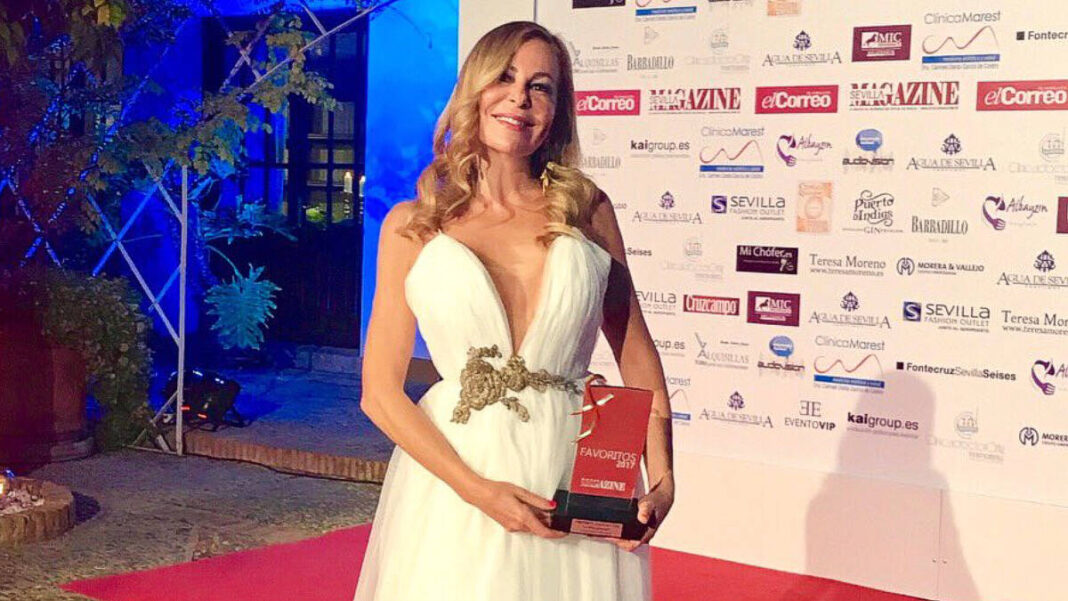SPAIN: Four government officials have criticised a 68-year-old Spanish actor Ana Obregón for choosing to have a kid through surrogacy in the US, and there have been new calls to reevaluate Spain’s long-standing ban on the practice. This has sparked a political uproar in Spain.
A week after a photo of the TV personality Ana Obregón clutching a newborn outside of a Miami hospital was published in Hola! magazine. Obregón dominated headlines across Spain. Three years after Obregón lost her son and sole child, Aless Lequio, to cancer, the magazine revealed that her baby girl had been born via surrogate.
Obregón posted the magazine’s cover on social media, which seemed to substantiate the report. “I read the message, and it said, “A light full of love came into my darkness. Never again will I be alone myself. I’VE BEEN REBORN ALIVE,” she wrote.
What first started off as celebrity rumours quickly turned into political fodder. According to Irene Montero, a Podemos MP and Spain’s minister of equality, “Surrogacy is a practice that is not allowed in Spain. As a form of violence against women, it is officially recognised in our nation.”
Ministers from the Socialist Party supported her viewpoint, demonstrating the coalition government’s commitment to women’s rights. Felix Bolaos, the minister for the presidency, argued that women’s bodies should not be bought or hired to satisfy anyone’s needs, while Mara Jess Montero, the budget minister, argued that it is another way to exploit women’s bodies.
Spanish citizens who travel abroad to use surrogates to have children are not punished, despite the practice being forbidden in Spain. Over the last ten years, 2,500 children born to surrogates overseas have been legally given to their intended parents in Spain. The government’s argument was rejected by Son Nuestros Hijos, an organisation representing 700 families seeking surrogacy in Canada and the US.
Santiago García is expecting his second child through a surrogate in the US and believes that the woman is in charge of her own body and makes the decisions. Adoption is a viable option for Homosexual parents, single parents, and infertile couples in Spain, but the waiting period is 15 years.
Right-wing party Ciudadanos will introduce legislation on “altruistic” surrogacy, which does not include any payment, to defend surrogacy in Spain. Alberto Núñez Feijóo, leader of the conservative People’s Party, argued that the issue is not a major one and that debate is needed.
Surrogacy is a controversial issue in Europe and the UK, with a government-commissioned review in Britain finding that the intended parents should have legal parenthood from the time of birth, while Italy is seeking to prosecute those who travel abroad to have a baby via surrogacy.
Also Read: Spain: Untimely Inferno in Valencia Forces Inhabitants to Turn out



